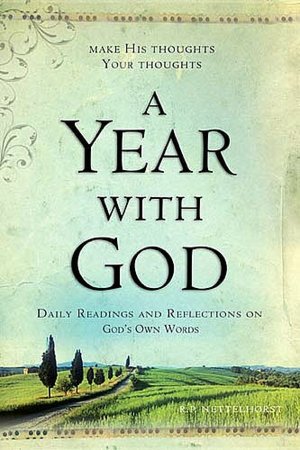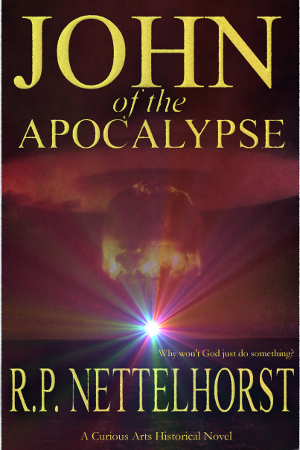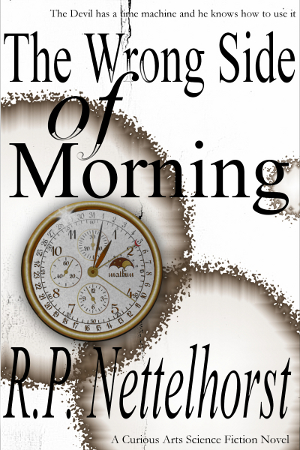Sometimes you need to do the foolish thing. Or rather, what seems foolish to those who don’t see the point. Chasing a tiny white ball and whacking it with a stick might seem silly. But golf and baseball can be a lot of fun. And despite the importance of our responsibilities, what some might call foolishness is no less necessary. Doctors and psychologists stress the importance of finding time to have fun, whether it’s bowling or woodworking.
Hobbies are activities that humans participate in for which they do not get paid. For many people, the only activities that they do for pleasure are watching television or eating a pizza. But such activities are not normally called hobbies, any more than my penchant for reading books could realistically be called a hobby.
From the IRS point of view, if I were not getting paid for the books I write—in other words, if I were merely writing books, sending them to agents or editors, and collecting nothing but rejections—after a certain number of years the IRS would not allow me to deduct for my home office, the expense of my word-processing software, or my computer. Instead, my writing activity would be classified as simply a hobby and none of its expenses could be used as tax deductions.
Of course, most people—those who are not IRS agent—would never think of writing books as a hobby. Instead, when we think of hobbies, we think of things like stamp collecting or building model airplanes. In other words, we think of things that as children we would have simply called “playing:” what our parents wanted us to be doing instead of staring at the TV. And that, perhaps, is the best way of thinking of hobbies.
Growing up, I spent a lot of time collecting coins and collecting stamps. I also found pleasure in building plastic models of airplanes and automobiles. I attempted to build planes that would fly, but I found my creations rather consistently wound up crashing and breaking. In high school, I discovered model rocketry and soon had the unfortunate experiences of building rockets, putting engines in them, launching them, and then watching them float out of sight on their parachutes, never to be seen again.
The problems with so many hobbies is that they wind up being expensive. Reading books and watching television can be essentially free, if one limits oneself to watching television broadcast over the airwaves and getting books from the public library. But the other possible hobbies tend to require large investments of cash. In today’s economic climate that can be a problem. After his doctor suggested he get a hobby to help him to take his mind off his unemployment worries, a man I know asked me, “How can that possibly help? It would just be one more expense I have to cut back on!”
Other people are working long hours, then spend their weekends and evenings hauling their children to soccer or ballet. They’re lucky to find the time just to get eight hours of sleep each night. They’re frazzled and could certainly use a hobby. But how can they devote hours to learning archery or collecting bottle caps?
And so my newly purchased model rocket remains unassembled. The buildings for an unfinished train layout remain in the box that they came in. The coins and stamps remain in boxes or on shelves, covered in dust. My bicycle sits in my garage, my gym membership remains a good intention, and I have enough unread books that I will not have to buy any more for the foreseeable future.
I wonder how I lost the ability to do the things that I enjoy. Why can’t I just say “enough!” and take up my toys and play with them for a while?
Is a life worth living if there is nothing left to it but obligation? Can we keep pouring ourselves out if we never put anything back in?
In the 1980s there was a movie called Koyaanisqatsi which showed common things from uncommon perspectives: ordinary activities speeded up or slowed down in such a way that one could see the rhythms and motions of life in new ways. The film’s odd title came from a Native American word that meant “life out of balance.” Its conceit was that modern humans were losing our way with our harried lifestyles.
Never having fun, always needing to do something because it needs to be done is exactly the sort of thing that makes one’s doctor say, “Stop! You need a hobby.” Having an activity that you perform regularly just because you like to do it and just because you find satisfaction and pleasure in it, even though it really is meaningless and perhaps silly to those around you—is actually the most important thing in your life. Just because your teenager thinks you’re lame for spending your Saturday mornings playing with toy trains shouldn’t keep you from it. You really want to let a teenager—or anyone else—decide what you’ll do for the sheer pleasure of it? Don’t put off pursuing your hobby for another week. Pencil it into your appointment book, even if you think you can’t afford it. Your doctor might suggest you can’t afford the heart attack might otherwise get, either.
And really, you’ll get a lot more done if you’re happy and satisfied, than if you just keep pushing. An empty soul can’t give much to anyone.
 Send to Kindle
Send to Kindle
 A Year With God
A Year With God A Year With Jesus
A Year With Jesus The Bible's Most Fascinating People
The Bible's Most Fascinating People The Bible: A Reader's Guide
The Bible: A Reader's Guide Antediluvian
Antediluvian Inheritance
Inheritance John of the Apocalypse
John of the Apocalypse Somewhere Obscurely
Somewhere Obscurely The Wrong Side of Morning
The Wrong Side of Morning